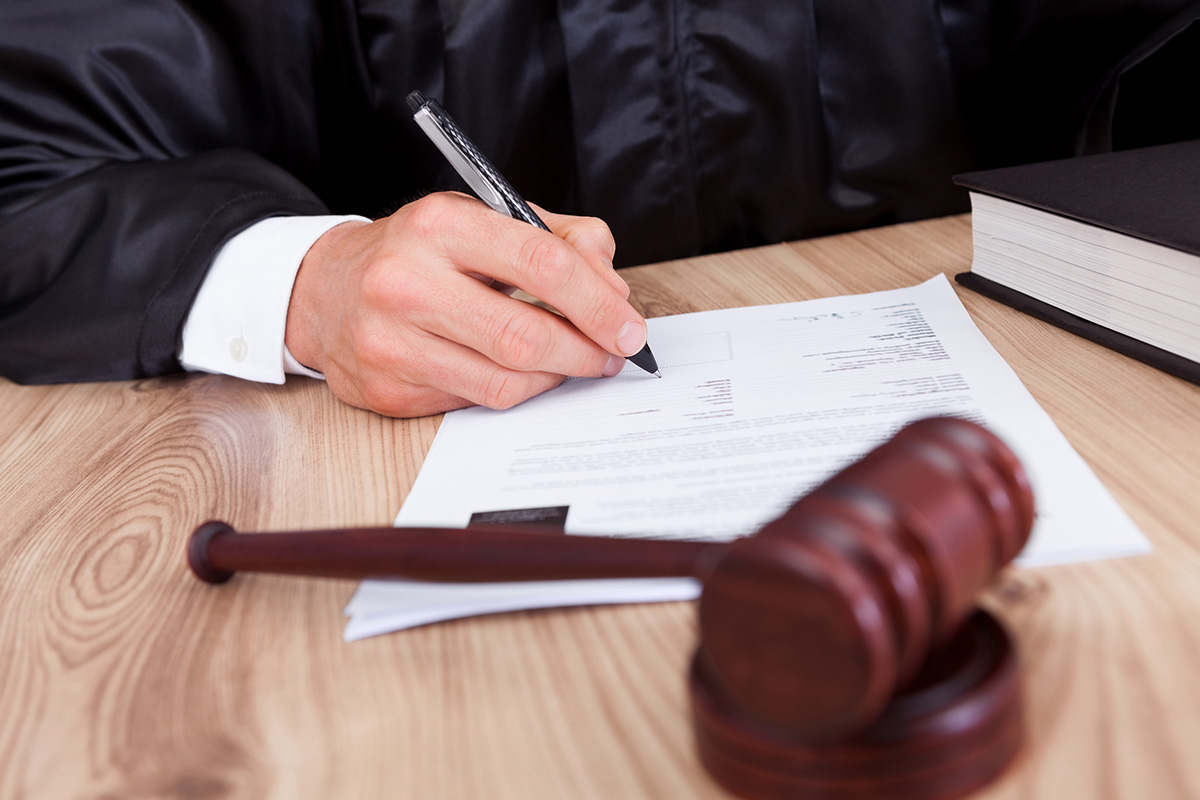
During civil litigation, various stages are involved. These include pretrial proceedings, pleading, discovery, and closing arguments. All these stages are critical because they play a significant role in the litigation process.
Criminal law vs. civil law
While criminal and civil law is essential parts of our legal system, they have different purposes and offer various benefits. Some overlap exists between them, and there are instances where the two may be applied.
In a typical criminal case, a prosecutor represents the government and tries to establish a defendant’s guilt “beyond a reasonable doubt.” The alleged crime must be “the most serious felony of its kind,” as defined by a statute, and the defendant must be found guilty “beyond a reasonable doubt.”
In a civil case, the allegedly injured party brings the suit. This could be a private citizen, a business, or a corporation. A victim often sues for damages. If the alleged wrongdoer is found liable, they might be required to pay for the damage or injury.
Pretrial proceedings
The pretrial stage is when parties to a lawsuit prepare for trial. This phase includes preliminary motions, conferences, and meetings with the judge. It can help narrow issues in the dispute, reduce costs, and facilitate the settlement of a case.
Pretrial conferences can be held before a judge or magistrate. These conferences can help identify witnesses and documents and discuss settlement options. They can also help ensure that no frivolous claims are made.
The defendant’s counsel conducts a cross-examination of witnesses, presents direct testimony, and attempts to discredit the plaintiff’s claims. Counsel can also introduce documentary evidence.
The case may go to trial if the plaintiff’s claim has merit. A trial can last several months. A judge or a jury can conduct it. The winning party will get a judgment when the court decides a case. Afterward, the losing party may appeal the verdict.
Pleading and discovery stages
Discovery is gathering relevant information from the other side of a civil suit. This helps parties determine critical issues and witnesses and secure evidence for trial. There are different types of discovery, and the discovery method depends on the case’s issues.
Some forms of discovery involve written questions, depositions, and requests for documents. Others require the help of a lawyer. Obtaining evidence may take a long time, and many court cases cost money.
Pleadings, counterclaims, and petitions are the earliest steps in any civil action. These papers are filed with the court and explain the basic arguments of each side.
Another phase of the process is the motions phase. Motions are typically related to undisputed facts and aim to compel the other party to act. In most cases, the motions phase narrows the issues to be tried at trial.
Jury trial
The right to a jury trial in civil litigation is constitutionally guaranteed. It is a requirement that must be waived only by the law.
To exercise the right to a jury trial, a party must first file a demand. This demand must detail the specific issues to be tried and must be served within the required period.
In addition, it is a good idea to consider the pros and cons of a jury trial compared to a judge’s concern. When going to a court of law, a party should hire an attorney like at the business law Anthem AZ.
A critical distinction between a jury and a judge is that a jury is selected before the case goes to trial. A jury must assimilate the facts of the case and determine whether the defendant is liable. During a trial, the plaintiff calls witnesses, and the defendant cross-examines them.
Closing arguments
Closing arguments in civil litigation are often referred to as a privilege within the trial court’s discretion. The purpose of a closing statement is to persuade the jury to favor the plaintiff.
A good closing argument should be organized and effective. It should be short and contain demonstrative evidence to help the jurors understand the case.
A compelling closing argument should also focus on the defendant’s safety concerns. Since juries do not have a clear idea of how much to award for pain and emotional suffering, it is essential to explain how the plaintiff’s damages were properly supported.
Keep it short of improving your closing argument, and avoiding using complicated legal language. Also, do not attack the opposing counsel. Your attorney should explain how the evidence supports your theory of the case.